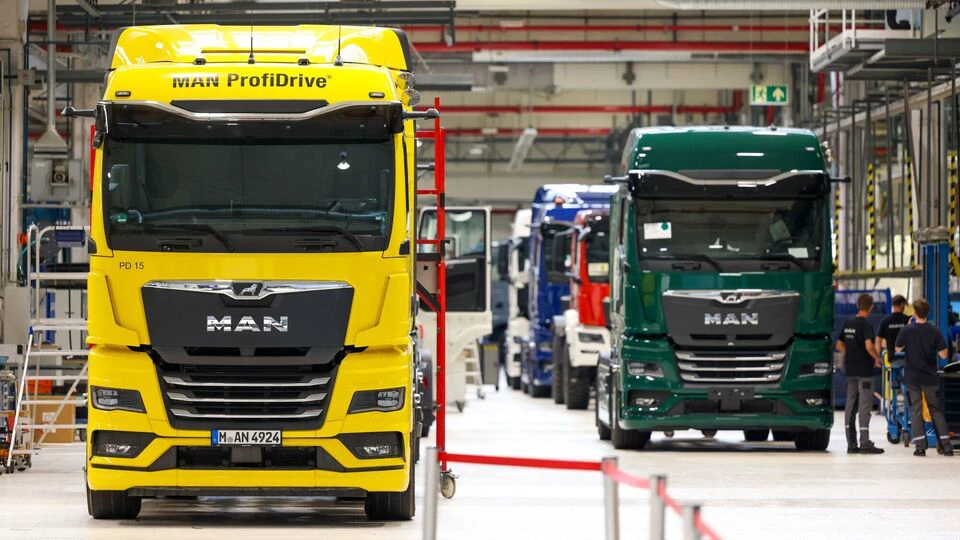New Delhi: The government may consider granting an exemption to electric trucks at tolls taking into account the additional weight required for their heavy-duty batteries, Union minister for road transport and highways Nitin Gadkari said on Tuesday.
Electric trucks are about two tonnes heavier than diesel trucks and have to pay higher toll fees due to this extra weight.
Speaking at an industry roundtable hosted by INTENT, a private demand-aggregator, Gadkari also cited the example of flash-charging or quick-charging to illustrate how new technology is being used to decarbonise roads.
Emerging technology can be leveraged to reduce the cost of decarbonising Indian freight and cargo transport while simultaneously reducing the nation’s massive fuel import bill, he said.
“It is very difficult to reduce the nation’s fuel import bill. We import about $20 billion worth of fuel,” said Gadkari. “Any method to reduce that bill is welcome. But these methods use new technology, and they need viable models to work. Businesses will only go for them if they are profitable,” he said.
Mint earlier reported on flash-charging or quick-charging technology being developed and piloted in the country, backed by the ministry of road transport and highways.
“The most important thing is proven technology, economic viability, availability of raw material, and marketability of the finished product,” Gadkari said. “Emissions from vehicles are causing rampant pollution. We need to optimise all possible means, including biofuels, compressed natural gas (CNG), liquified natural gas (LNG), and all zero-emission technology to mitigate this. Reducing road emissions needs government support, but not financial support.”
Industry executives at the roundtable sought relief from the government over high toll levies for zero-emission trucks, stating that reducing or waiving off the fees would incentivise more businesses to use electric or hydrogen trucks.
Toll levies for trucks on Indian highways are determined by the size and category of the vehicle. Each size and category of truck is allotted a maximum gross vehicle weight (GVWs), which is the total weight of the vehicle when it is fully loaded.
Light goods carriers (N1 category) have a GVW of up to 3.5 tonnes, while medium ones have a GVW of 3.5-12 tonnes. Heavy goods carriers are allowed GVW upwards of 12 tonnes.
Overloading a truck beyond its GVW is risky, and can lead to fines or penalties.
Top industry executives also called for deeper penetration of high-capacity chargers for electric trucks, especially in corridors frequently used by the steel and cement sectors.
Decarbonising the Indian logistics sector is crucial since diesel trucks, which make up about 3% of all vehicles, contribute to about a third of the carbon dioxide emissions in the country.
